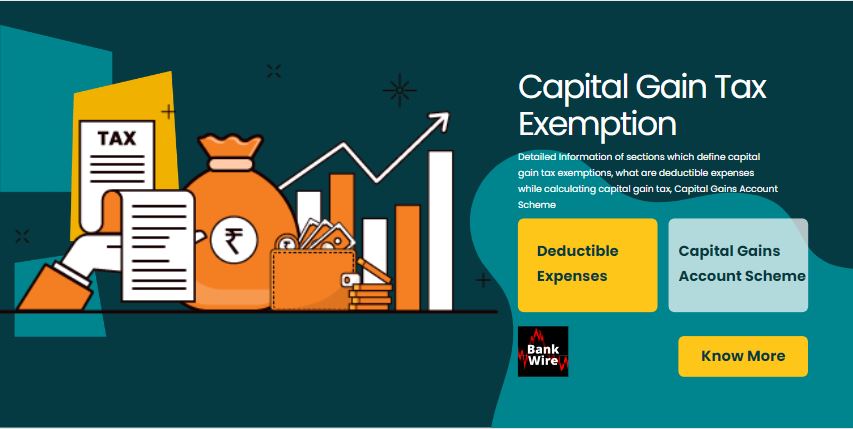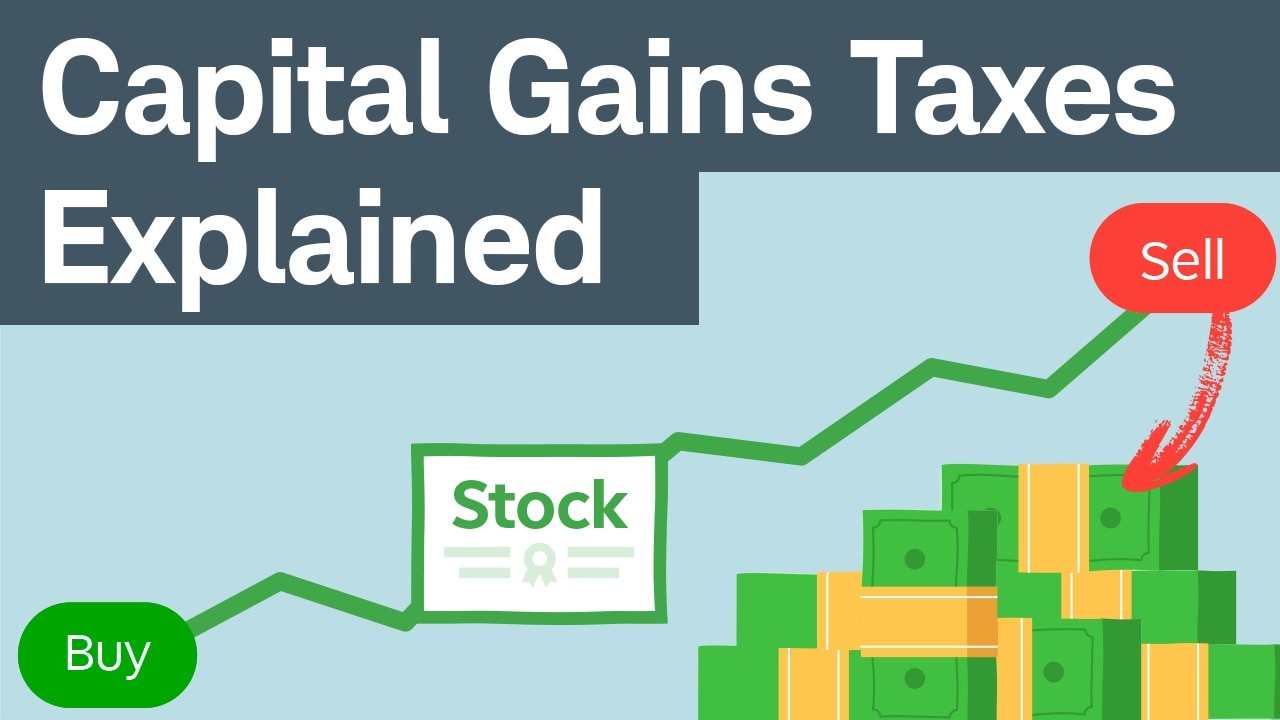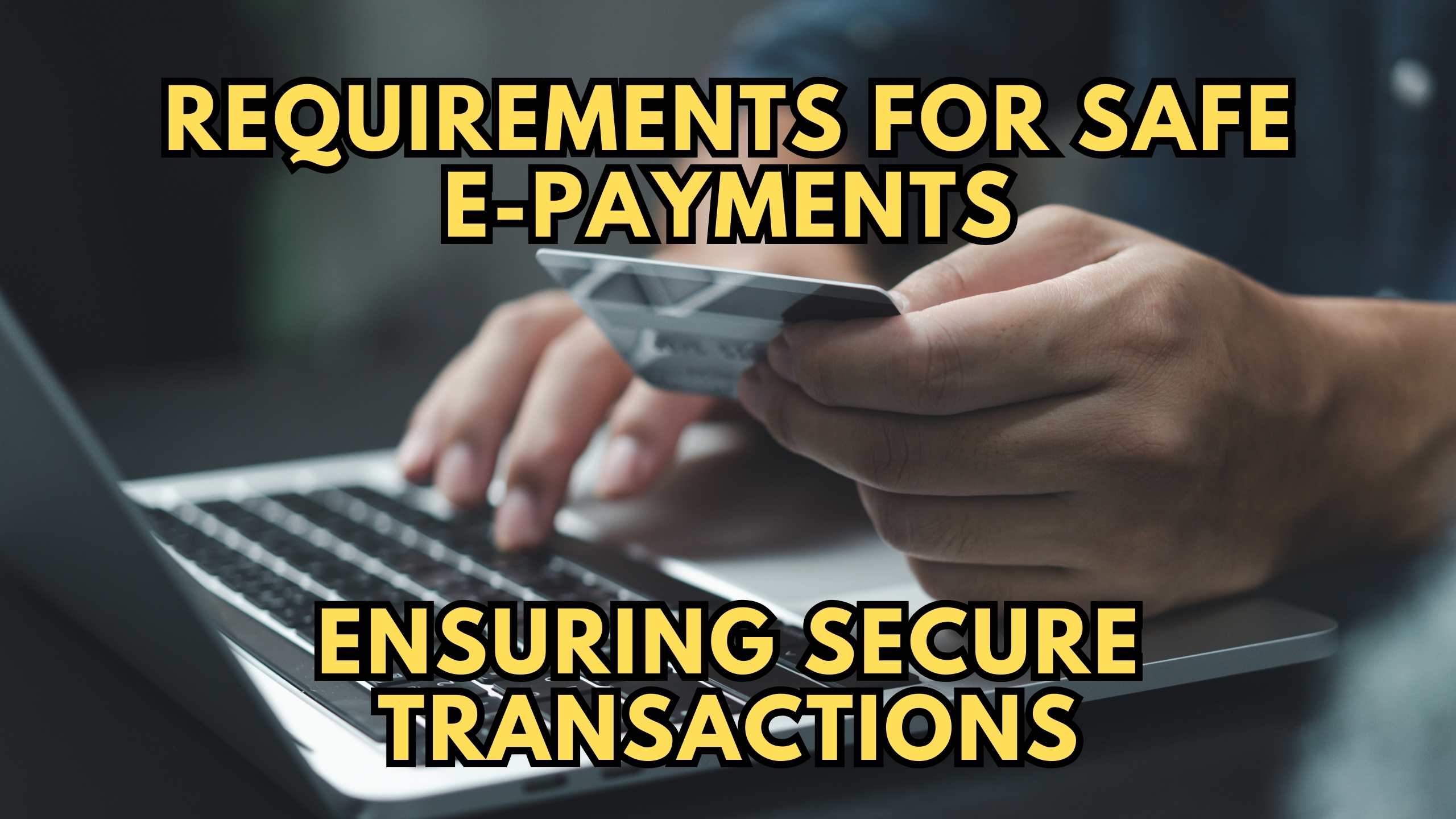
Capital Gains Tax Explained: Your Beginner’s Guide to Rules and Exemptions
Ever sold an asset and made a profit? Perhaps you sold shares that soared, or a second property that increased significantly in value. While that profit is great news for your bank balance, it often comes with a catch: Capital Gains Tax (CGT).
For many, the idea of Capital Gains Tax can seem complex and intimidating. But fear not! This comprehensive guide will break down Capital Gains Tax, explaining what it is, how it works, what assets are affected, and crucially, the valuable exemptions and reliefs that can reduce your tax bill. Whether you’re a first-time investor or simply curious, we’ll make CGT easy to understand.
What is Capital Gains Tax (CGT)?
At its core, Capital Gains Tax (CGT) is a tax on the profit you make when you sell or "dispose of" an asset that has increased in value. It’s not a tax on the total amount of money you receive from the sale, but purely on the gain you’ve made.
Think of it this way:
- You buy an antique vase for £1,000.
- Years later, you sell it for £3,000.
- Your "gain" is £2,000 (£3,000 – £1,000). CGT would be levied on this £2,000 profit (minus any allowable costs and exemptions).
It’s important to understand that CGT is not the same as Income Tax. It’s a separate tax applied to profits from assets, not your regular earnings from employment, self-employment, or rental income.
What Assets Are Subject to Capital Gains Tax?
Not every asset you own is subject to CGT. Generally, CGT applies to assets that are considered "chargeable assets." The most common examples include:
- Residential Property (that isn’t your main home): This includes buy-to-let properties, holiday homes, or properties you inherited and then sold.
- Shares: This applies to shares in companies not held within tax-efficient wrappers like ISAs or pensions.
- Cryptocurrency: Profits from selling, exchanging, or spending digital assets like Bitcoin or Ethereum are generally subject to CGT.
- Business Assets: If you sell a business or certain business assets, CGT may apply.
- Inherited Assets: If you inherit an asset (like a property) and its value increases between the date you inherited it and the date you sell it, the gain you make would be subject to CGT.
- Personal Possessions (Chattels): Valuable items like antiques, jewellery, or paintings can be subject to CGT if their value exceeds a certain threshold (currently £6,000 per item).
- Land and Buildings: Any land or buildings you own that are not your principal private residence.
How is Capital Gains Tax Calculated?
Calculating your Capital Gains Tax bill involves a few straightforward steps:
- Determine Your Sale Price (Proceeds of Disposal): This is the total amount you received when you sold the asset.
- Determine Your Purchase Price (Base Cost): This is what you originally paid for the asset.
- Identify Allowable Costs: These are expenses directly related to buying, selling, or improving the asset. You can deduct these from your gain. Common allowable costs include:
- Stamp Duty Land Tax (SDLT) when buying property.
- Solicitor’s fees and estate agent’s fees.
- Valuation fees.
- Costs of improvements (e.g., building an extension, but not routine maintenance).
- Calculate Your Gross Gain:
Gross Gain = Sale Price – Purchase Price – Allowable Costs - Apply Any Exemptions and Reliefs: From your Gross Gain, you can deduct any applicable exemptions (like the Annual Exempt Amount) or reliefs. This gives you your Taxable Gain.
- Apply the CGT Rate: Finally, you apply the relevant Capital Gains Tax rate to your Taxable Gain.
Example Calculation:
Let’s say you bought a second property for £200,000. You paid £5,000 in stamp duty and £2,000 in solicitor fees. You later spent £15,000 on an extension. You sell the property for £300,000, paying £4,000 in estate agent fees and £1,000 in solicitor fees.
- Sale Price: £300,000
- Purchase Price: £200,000
- Allowable Costs:
- Purchase costs: £5,000 (stamp duty) + £2,000 (solicitor) = £7,000
- Improvement costs: £15,000
- Selling costs: £4,000 (estate agent) + £1,000 (solicitor) = £5,000
- Total Allowable Costs: £7,000 + £15,000 + £5,000 = £27,000
- Gross Gain: £300,000 (Sale) – £200,000 (Purchase) – £27,000 (Costs) = £73,000
Now, you would apply any exemptions (like the Annual Exempt Amount) to this £73,000 to arrive at your Taxable Gain.
Capital Gains Tax Rates (UK)
The rate of Capital Gains Tax you pay depends on two main factors:
- Your income tax band: Whether you are a basic rate or higher/additional rate income taxpayer.
- The type of asset sold: Residential property gains are taxed at a different rate than gains from other assets (like shares or crypto).
For the 2024/2025 tax year (rates can change annually):
- Residential Property Gains:
- For basic rate taxpayers (income up to £50,270): 18%
- For higher and additional rate taxpayers (income over £50,270): 24%
- Other Asset Gains (e.g., Shares, Crypto, Business Assets):
- For basic rate taxpayers: 10%
- For higher and additional rate taxpayers: 20%
Your taxable gain is added to your total taxable income to determine which tax band the gain falls into.
Key Exemptions and Reliefs: Reducing Your CGT Bill
This is where the good news comes in! Several exemptions and reliefs can significantly reduce or even eliminate your Capital Gains Tax liability.
1. The Annual Exempt Amount (AEA)
Every individual is entitled to an Annual Exempt Amount (AEA), which is a portion of your capital gains that is tax-free each tax year.
- For the 2024/2025 tax year, the AEA is £3,000.
- This means you can make up to £3,000 in capital gains each tax year without paying any CGT.
- The AEA cannot be carried forward to future tax years if unused.
- Couples who jointly own assets can each use their AEA, effectively doubling the tax-free allowance for that asset.
2. Principal Private Residence (PPR) Relief
This is perhaps the most significant and widely used exemption. Your main home is generally exempt from Capital Gains Tax.
- If you sell the home you live in as your main residence, you usually won’t pay CGT on any profit, provided:
- It has been your only or main home throughout the entire period you’ve owned it.
- You haven’t used any part of it exclusively for business purposes.
- The garden or grounds are not larger than 0.5 hectares (about 1.2 acres).
- Partial Relief: If you haven’t lived in the property as your main home for the entire period of ownership, you may still qualify for partial relief for the time you did live there, plus an additional "final period of ownership" (currently the last 9 months).
3. ISAs and Pensions
Investments held within tax-efficient wrappers like Individual Savings Accounts (ISAs) and pensions are generally exempt from Capital Gains Tax.
- ISAs: Any profits you make from investments held within an ISA (e.g., stocks and shares ISA, innovative finance ISA) are free from Capital Gains Tax.
- Pensions: Gains from investments held within your personal or workplace pension schemes are also exempt from CGT. This makes them incredibly powerful tools for long-term wealth growth.
4. Gifts to Spouses or Civil Partners
You can transfer assets between spouses or civil partners without triggering a Capital Gains Tax charge. This is known as a "no gain, no loss" transfer.
- The recipient spouse/partner is treated as acquiring the asset at the original cost of the transferring spouse/partner.
- This can be a useful planning tool to utilise both partners’ Annual Exempt Amounts or to transfer ownership to a partner who is a basic rate taxpayer if a sale is planned.
5. Gifts to Charity
If you gift certain assets (like land, buildings, or shares in a company) to a charity, you will not pay Capital Gains Tax on the gift. This is an incentive to encourage charitable giving.
6. Personal Possessions (Chattels) under £6,000
Most personal belongings (known as "chattels") are exempt from CGT if you sell them for £6,000 or less.
- If you sell a chattel for more than £6,000, you may have to pay CGT, but there’s a special rule that limits the gain.
- Examples include jewellery, antiques, paintings, or other collectible items. Cars are typically exempt regardless of value.
7. Assets Passed on Death
When a person dies, any assets they own are generally revalued to their market value at the date of death. This is often referred to as a "step-up in basis."
- This means that if their beneficiaries later sell the assets, Capital Gains Tax will only be due on any increase in value from the date of death, not from the date the deceased originally acquired the asset.
- This prevents CGT being charged on gains that occurred during the deceased’s lifetime.
8. Business Reliefs (Brief Mention)
For those involved in selling businesses or business assets, there are specific reliefs available, such as:
- Business Asset Disposal Relief (BADR): Formerly Entrepreneurs’ Relief, this allows qualifying individuals to pay CGT at a reduced rate of 10% on gains from selling all or part of a business, up to a lifetime limit.
- Roll-over Relief: Allows you to defer CGT if you sell a business asset and reinvest the proceeds into another qualifying business asset.
- Gift Hold-over Relief: Allows you to defer CGT when you give away certain business assets or shares in a family trading company.
These are more complex and typically require professional advice.
Capital Losses: A Silver Lining
Sometimes, you might sell an asset for less than you bought it for, resulting in a capital loss. While no one wants to lose money, capital losses can actually reduce your CGT bill.
- You can deduct capital losses from your capital gains in the same tax year.
- If your losses exceed your gains in a particular year, you can carry forward the excess losses to offset future capital gains.
- You must report capital losses to HMRC, usually via a Self Assessment tax return, within four years of the end of the tax year in which you made the loss.
Reporting and Paying Capital Gains Tax
If you make a capital gain above the Annual Exempt Amount or need to report a loss, you generally need to:
- Report via Self Assessment: You will typically include your capital gains and losses on your annual Self Assessment tax return.
- The deadline for online Self Assessment is usually 31 January following the end of the tax year (which runs from 6 April to 5 April).
- Report and Pay for Residential Property Sales (UK): If you sell residential property in the UK (that isn’t your main home), you have specific, tighter deadlines:
- You must report the sale and pay any CGT due within 60 days of the completion date. This is done via a "Capital Gains Tax on UK property" account with HMRC.
- This 60-day rule is crucial and often catches people out.
Important: Keep meticulous records of all your asset purchases, sales, and associated costs. This will be invaluable when calculating your gains and completing your tax return.
Tips for Managing Your Capital Gains Tax
- Utilise Your Annual Exempt Amount: If you have multiple assets with gains, consider selling them over several tax years to use your AEA each year.
- Transfer Assets to Your Spouse/Civil Partner: If your spouse or civil partner has unused AEA or is a basic rate taxpayer, transferring assets before a sale can be a tax-efficient strategy.
- Consider Capital Losses: If you have assets that have fallen in value, selling them to realise a loss can offset gains from other assets.
- Invest within ISAs and Pensions: These are your best friends for tax-free growth. Max out your allowances if you can.
- Time Your Sales: If you anticipate being in a different income tax band in a future tax year (e.g., retiring and moving from higher to basic rate), timing your sale can reduce your CGT rate.
- Keep Excellent Records: This cannot be stressed enough. Without proper documentation of costs, you could end up paying more tax than necessary.
- Seek Professional Advice: For complex situations, significant gains, or business asset sales, always consult a qualified tax adviser or accountant. Their expertise can save you money and ensure compliance.
Important Considerations and Disclaimer
Tax rules are subject to change, and individual circumstances vary greatly. The information provided in this article is for general guidance only and does not constitute financial or tax advice. It is crucial to consult with a qualified financial advisor or tax professional for personalised advice tailored to your specific situation.
Conclusion
Capital Gains Tax is an inevitable part of profiting from asset sales, but it doesn’t have to be a mystery. By understanding the basics of how it’s calculated, knowing which assets are affected, and being aware of the valuable exemptions and reliefs available, you can approach your investments with greater confidence and make informed decisions. Remember, strategic planning and professional advice are your best allies in navigating the world of Capital Gains Tax.



Post Comment